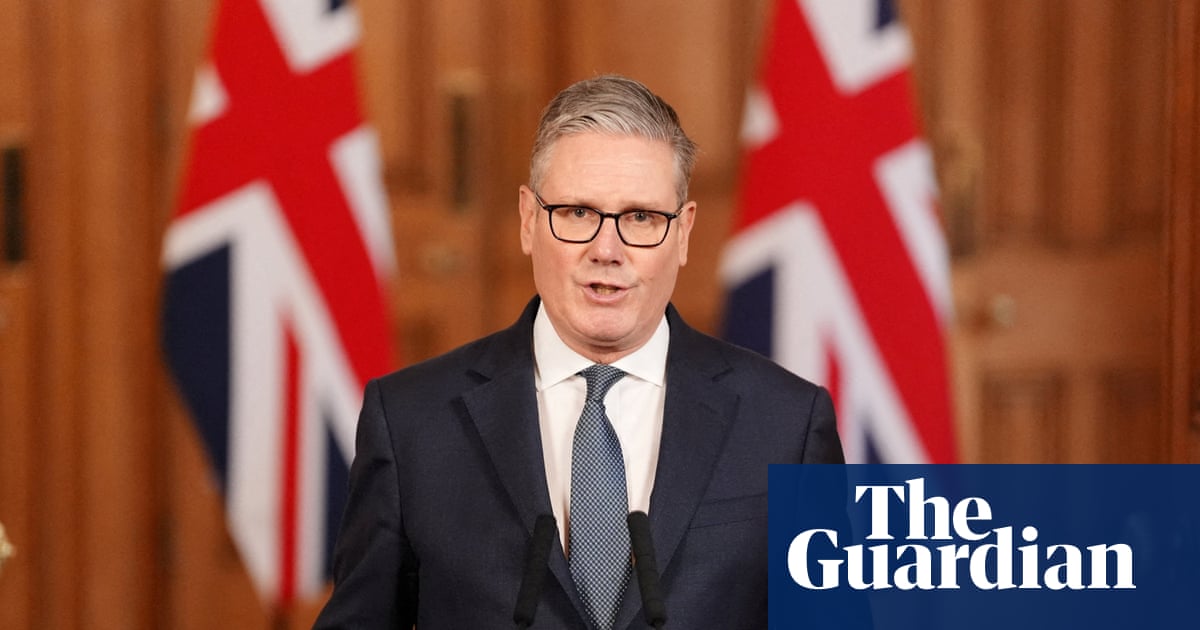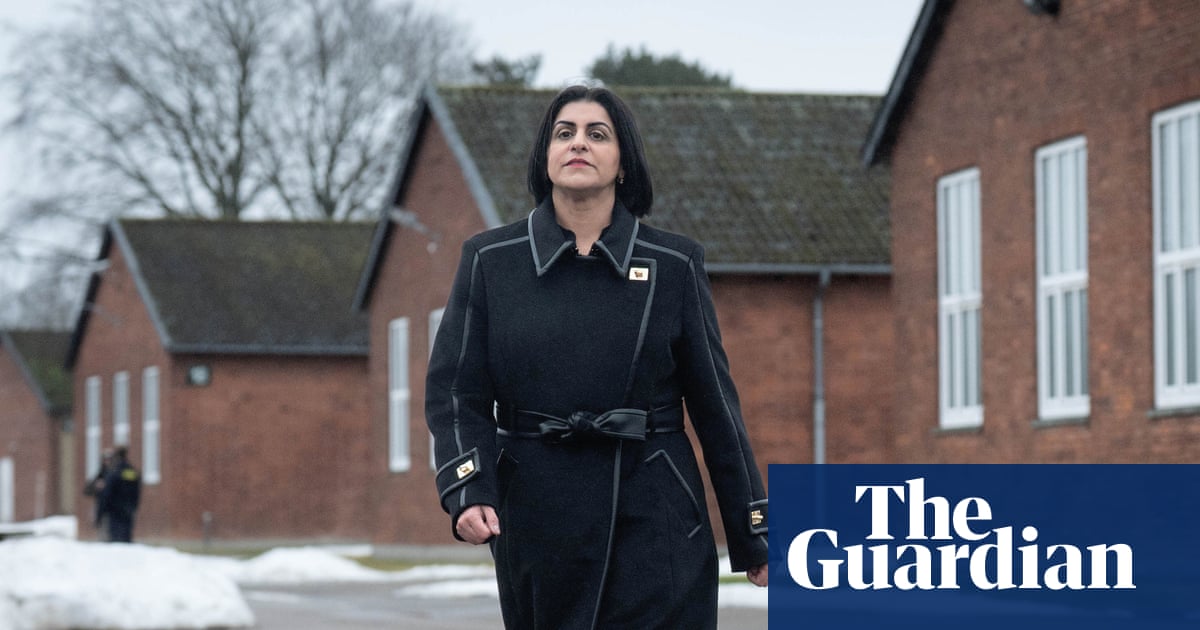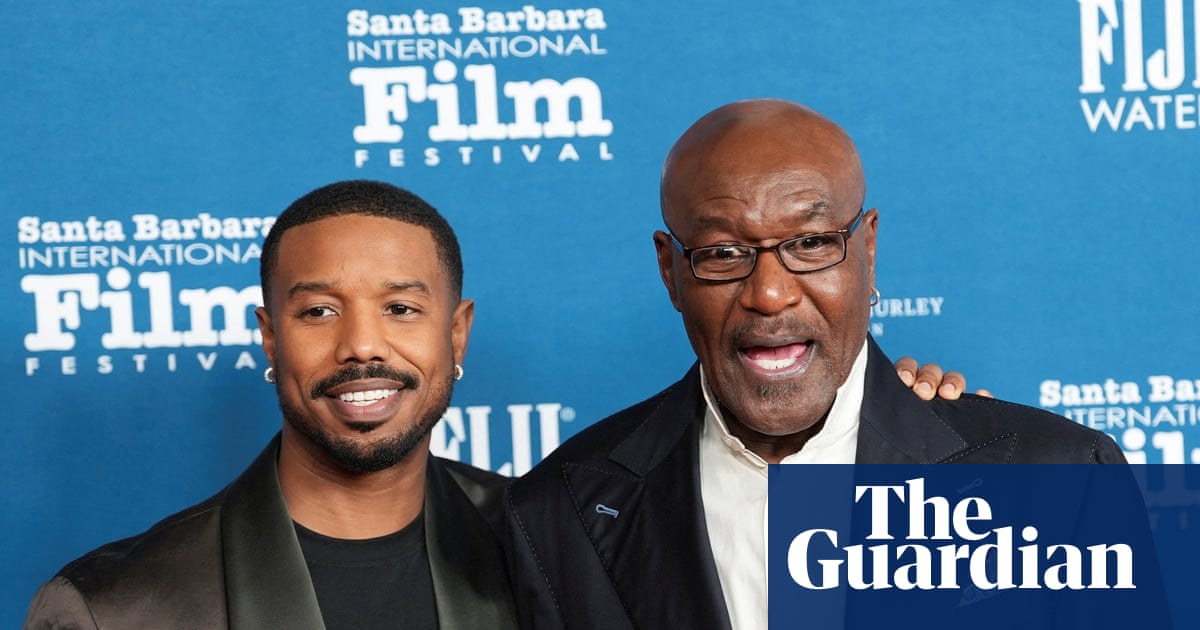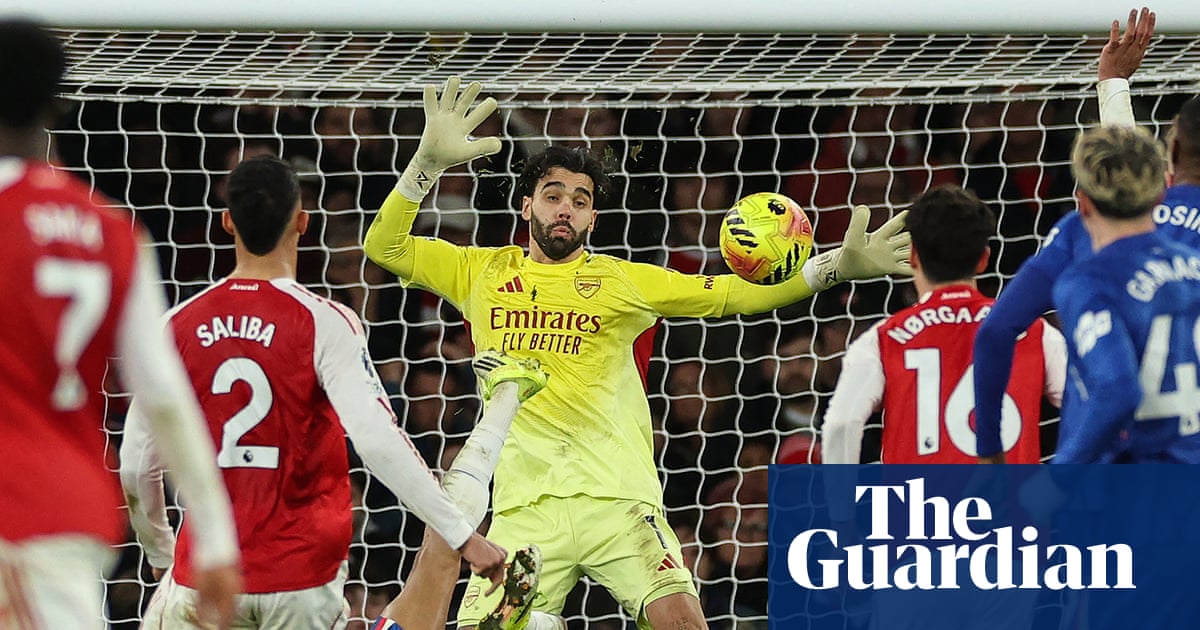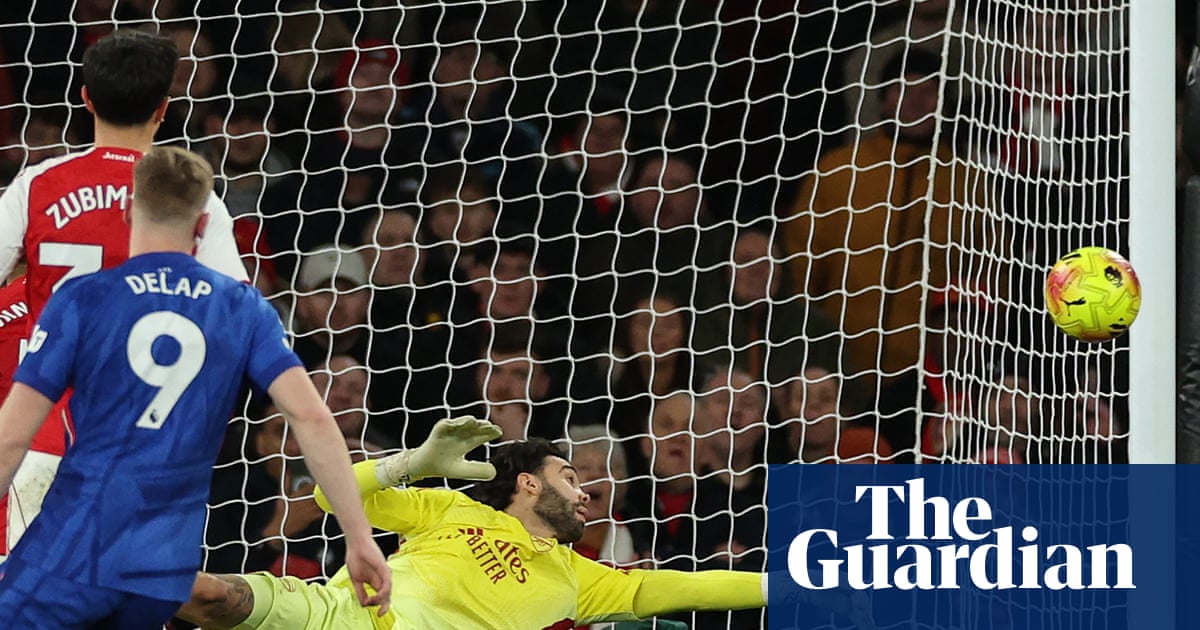It is inevitable that too much will be laid on Zohran Mamdani’s head. So large is the vacuum on the left of politics that his victory will occupy an outsized space for progressives beyond New York City. And so, before I lay too much on his head myself, some caveats. New York is a specific place. It has a specific demographic and economic profile. And Mamdani is a man of a specific background, racial, political and religious. But with that out of the way, I think the successful practice of “identity politics” during his campaign offers some universal lessons.
I put identity politics in quote marks because the term now means little that is universally agreed upon. Broadly, it has come to mean something derogatory, kind of in the same way that “wokeness” has. It increasingly has negative connotations: a political appeal to race or other markers of identity that is shallow, rooted in perpetual victimhood, focused only on representation and disconnected from material reality. Seen this way, identity politics is not about universal goals, such as lifting people out of poverty and so mobilising broad coalitions of voters, but simply about visibility.
But identity politics as an organising political force has its origins in precisely the opposite idea. Coined by the Black feminist socialist organisation the Combahee River Collective in 1977, identity politics was defined as a path to a liberation that could only come about through the understanding that systems oppress many different people along the lines of their identity, and so could only be dismantled if all groups worked together. “We believe,” the collective declared, “that the most profound and potentially most radical politics come directly out of our own identity”, but that “we also often find it difficult to separate race from class from sex oppression because in our lives they are most often experienced simultaneously.”
That “simultaneous experience” is what I am talking about here. Mamdani tapped into that. He rooted his campaign solidly in the experience of being a New Yorker, and how the city needed to be made more affordable, then expanded that to include all the ways in which different groups live that experience. He released campaigning videos in Urdu, Hindi, Spanish and Arabic, and consistently made all of them about a retail economic message: rent freezes, free buses, universal childcare, making New York a place to raise your children and build small businesses. Then he threw in a bespoke little twist. In his Arabic message he quipped that something more controversial than his political message is his belief that the knafeh, an Arab dessert, is better on Steinway Street in Queens than it is in New Jersey. Talk about hitting a sweet spot.
Including the languages of underrepresented identities is an exercise in enfranchisement. He quoted the Arabic phrase ana minkum wa alaikum – “I am of you and for you” – in his victory speech, and named those “forgotten by the politics of our city”, the “Yemeni bodega owners and Mexican abuelas. Senegalese taxi drivers and Uzbek nurses. Trinidadian line cooks and Ethiopian aunties”.
He combined that with being in the places that working-class people, many of whom are people of colour, occupy. Visiting those on the taxi ranks and working the late-night shifts, he forged a powerful metaphor of a city that is kept going by those who labour in the dark. And he drew that all together by bringing his own identity, as he himself put it, “into the light”. A Muslim who grew up in the shadows of Islamophobia, he suffered an outrageously racist campaign against him, but resisted the pressure to play down his identity in order to fit in, to succeed. “No longer will I live in the shadows,” he said.
after newsletter promotion
Those shadows are vast and, in this moment, encompass not only Mamdani, but huge swathes of people across all identities living under a regime of fear, economic struggle, deportations, suffocation of freedom of speech and an entire political establishment that has made bullying and cruelty its modus operandi. The coalition that Mamdani built, across all ethnicities, became about closing the yawning gap between people and power. In a revealing contrast to establishment Democrat politicians, when Mamdani was heckled last week over his position on Gaza, he did not say, as Kamala Harris did when she was heckled, “I’m speaking”. Mamdani smiled and said: “I want you to be able to afford this city too, my brother.”
But there is something else about Mamdani’s approach that reveals how identity done right is generative. His is a politics that is forged and defined by being on the margins, but not as a single individual who wants to escape alone. Those who see their identity as a way to become part of an establishment that can then hold them up as exemplars of inclusive politics will always have limited appeal, and therefore limited success as changemakers. To see those margins, racial, economic and political, as spaces in which a majority can be mobilised, as spaces where people don’t want to hear about victimhood but justice, is to create coalitions and escape together. It is to reveal to the voting public that the problem is not particular racisms or prejudices, but an entire system that excludes all those who don’t have capital in all its forms.
That message resonates with the college-educated white parents who are struggling with childcare costs, as well as the immigrant taxi driver struggling to pay rent. But above all, ironically, Mamdani exemplified the virtues of the American “melting pot”, a nation of immigrants at the sharp end of capitalism who together increasingly recognise all the ways in which the country is failing to live up to its ideals. All the ways in which Mamdani has been fought, not only by the right but by his own party, prove that American liberal politics has long lost its way in its service to capital and its preening approach to identity. What works in New York doesn’t necessarily map perfectly on to the rest of the US and beyond, but Mamdani’s win is a reminder that the people, whatever their identities, all want one thing – leaders who are of them, and for them.
-
Nesrine Malik is a Guardian columnist

.png) 3 months ago
72
3 months ago
72
